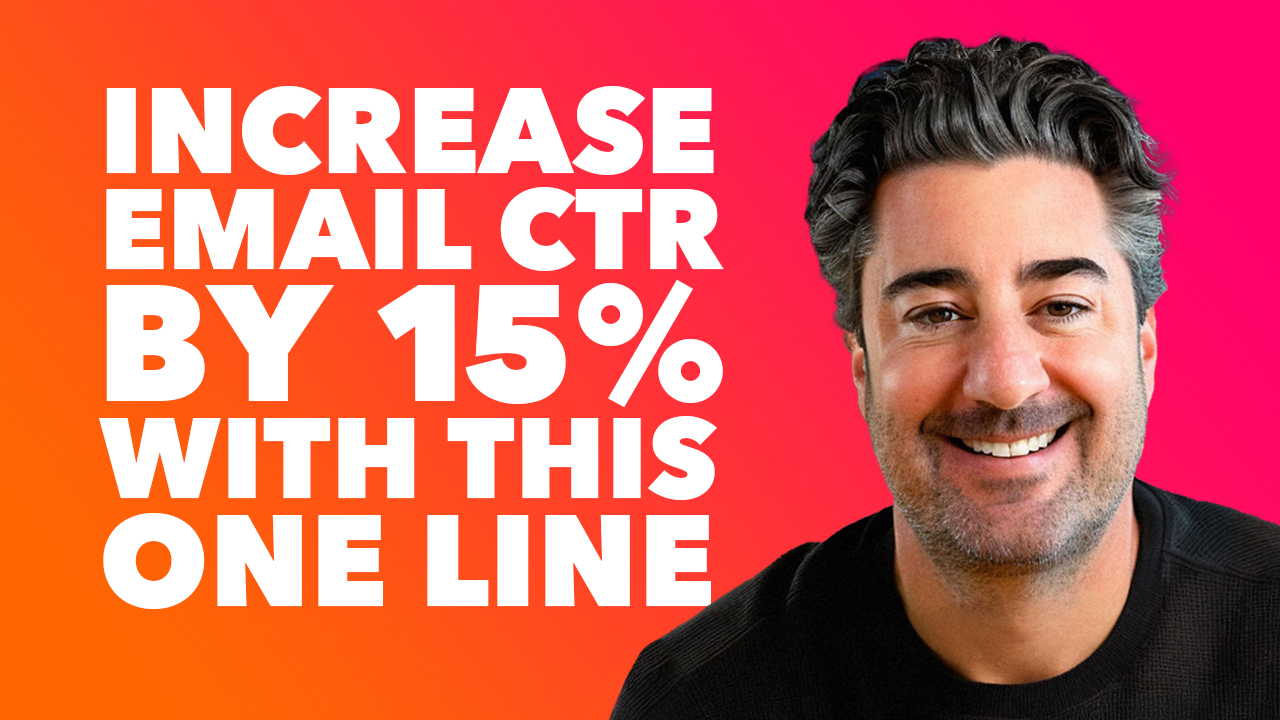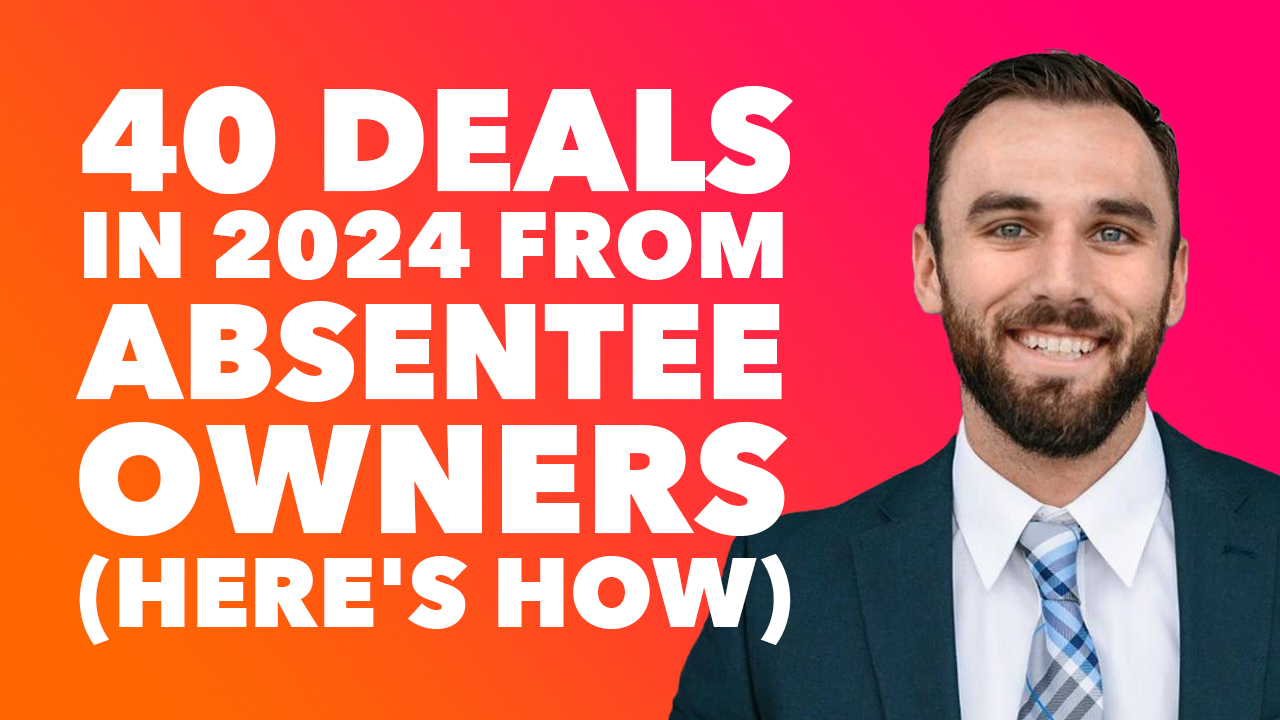For a financial advisor, there’s nothing more disheartening than coming into work only to see an ACAT on your desk. In this episode of Above the Noise, Luke delivers three tips to help advisors build the right type of relationships to prevent ACATS and keep your book of business full.
Video Transcription
Alright, so one of the worst things of being a financial advisor is when you come into the office and there’s an ACAT. And especially when you think you have a solid relationship with your client and now they’re transferring to another wealth advisor. Guys in today’s video I want to share with you three things to think about that will help you significantly decrease the chances of you receiving an ACAT.
Number one
The first is are you connecting to both decision makers in the home? See most financial advisors that I work with they spend all their time focusing on one decision maker. If you’re my financial advisor, maybe you’re only having your annual reviews with me, you’re only talking to me, but here’s my wife Megan who’s also a decision maker, and now when a life event happens like a divorce or a death God forbid, you have no relationship with the other decision maker in the home, and chances are usually these life events are painful.
So when she feels there’s no relationship she’s gonna take her money, and go to another financial advisor. Ask yourself this question. Do you have a solid relationship with both halves, both decision makers in the home?
Number two
Second thing is you need to make sure you’re connecting with the kids. Who’s gonna inherit the money when it passes from mom and dad down? Have you connected with them? The facts show that literally 2 percent of kids who inherit money keep their parents financial advisor. The reason this is is because you haven’t interacted, you haven’t engaged, you haven’t built a relationship.
Ask yourself this question. Do you know the names of the kids who are gonna inherit the money? Do you know their birthdays, their anniversary dates? Do you have any interaction and engagement with them? If you don’t, that’s the first thing you should do after this video is get on that right away.
Number three
The third thing you need to do is when I work with financial advisors the problem they face is they treat all of the relationships like a service or a vendor relationship, not a personal relationship. What do I mean by that? What I mean is if you’re my financial advisor, all you talk to me about is my finances everything you send me has to do with my portfolio, every communication we have is in regards to the services you offer as a vendor.
Now when the market takes a turn and a lot of times you have no control over the market, but the market takes a turn and all I think about is you as a service agreement, or you as a vendor, and I think to myself can I get a better vendor? Can I get better service somewhere else? Can I get someone with the latest, greatest technology that can protect me from this downturn? And chances are, I move my assets. But, if you focus on the personal relationship, maybe you take me fly-fishing, maybe we go out for drinks or, go out for dinner.
Now when the market takes a downturn, you’re not just my financial advisor that offers products and services, you’re my friend. I think of you as John the financial advisor that I went fly-fishing with. It’s a lot harder for me to move my assets because there’s a personal relationship there and I trust you.
The takeaway
So there you have it guys. There are three questions you need to ask yourself, and if you fix these and answer these correctly you have significantly decreased the chances of you receiving an ACAT on your desk. If you like these tips, subscribe to our YouTube channel, check us out on Facebook and Instagram, but most importantly, take action on this today.















